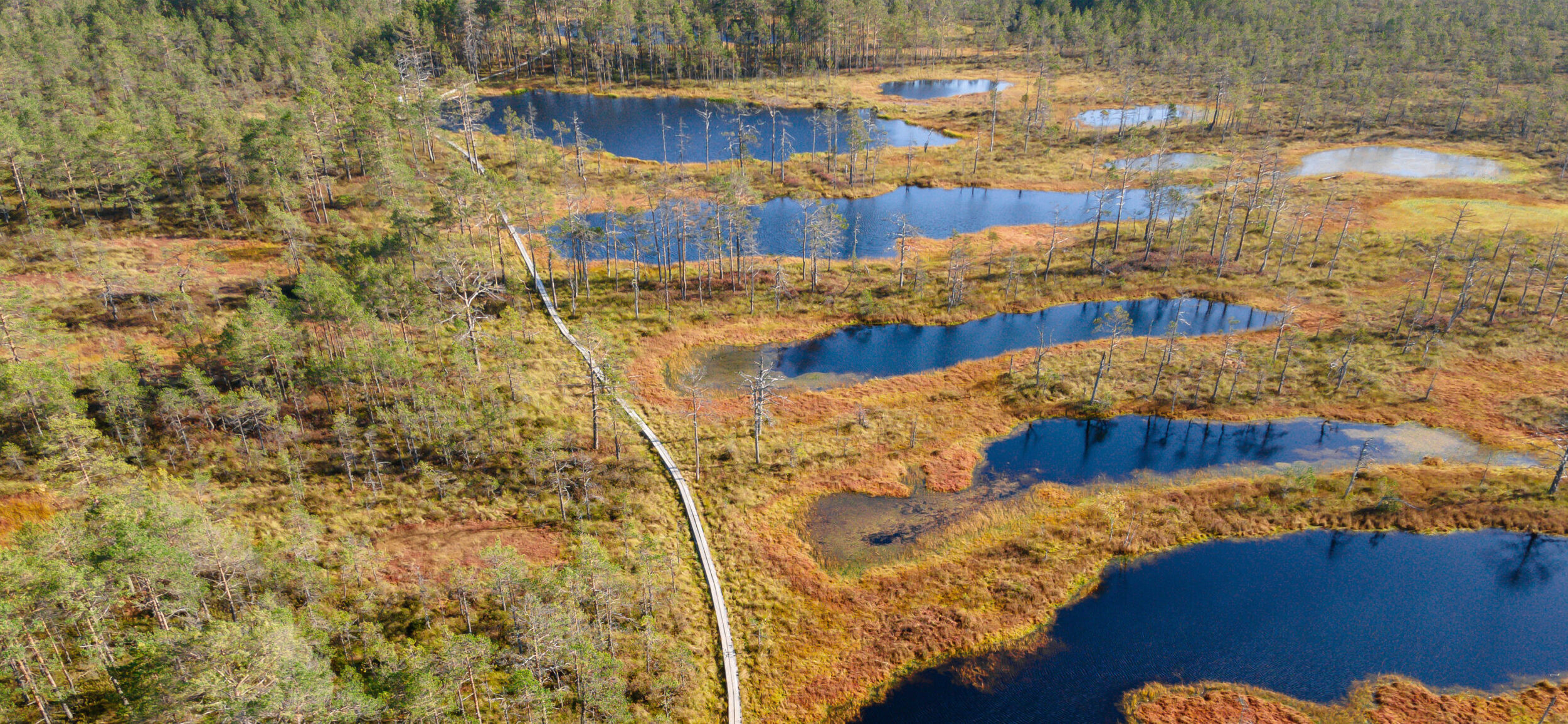
Climate change services provided by estuaries and estuarine ecosystems and quantification tools
- Fechas: 15/01/25 – 15/06/25
- Horas de estudio: 2 ECTS
- Tarifa: Curso incluido en Microcred ADAPTABLUES
- Idioma: Inglés (subtítulos en Inglés, Español, Alemán y Portugués)
- Modalidad: Virtual asíncrono (T)
- Estado: I Edición abierta
- Requisitos: Internet
- Sistema de evaluación: Test parciales + Test final
- Cursos relacionados: ADAPTA BLUES MOOC 2, ADAPTA BLUES MOOC 3, Microcred ADAPTA BLUES
Si te interesa la Microcredencial:
El primer MOOC es una introducción a los ecosistemas estuarinos que trata de explicar cuál es su relación con la adaptación al cambio climático y su mitigación. Introduce al estudiante los conceptos básicos relacionados con los ecosistemas estuarinos: qué es un estuario, cuáles son sus principales componentes y su relación con el cambio climático; realizando hincapié en los servicios ecosistémicos climáticos proporcionados por las comunidades vegetales estuarinas: el servicio de mitigación, por su capacidad de secuestro de carbono, y el servicio de adaptación, asociado a su capacidad de protección frente a la inundación y erosión costeras.
Este curso está destinado a profesionales, graduados y posgraduados interesados en profundizar en su conocimiento del rol de los ecosistemas estuarinos como medida de adaptación en el contexto del cambio climático. Así como a estudiantes procedentes de Biología, Ciencias Ambientales, Ingeniería Civil, Ingeniería Ambiental, Economía, Ciencias del mar, Geografía, Meteorología, Físicas, Energías renovables, etc.
Creative Commons education materials created by the LIFE ADAPTA BLUES project (LIFE18 CCA/ES/001160, “Adaptation to climate change through management and restoration of European estuarine ecosystems”.), coordinated by the Environmental Hydraulic Institute of the Universidad de Cantabria (IHCantabria-UC).
0.00€

